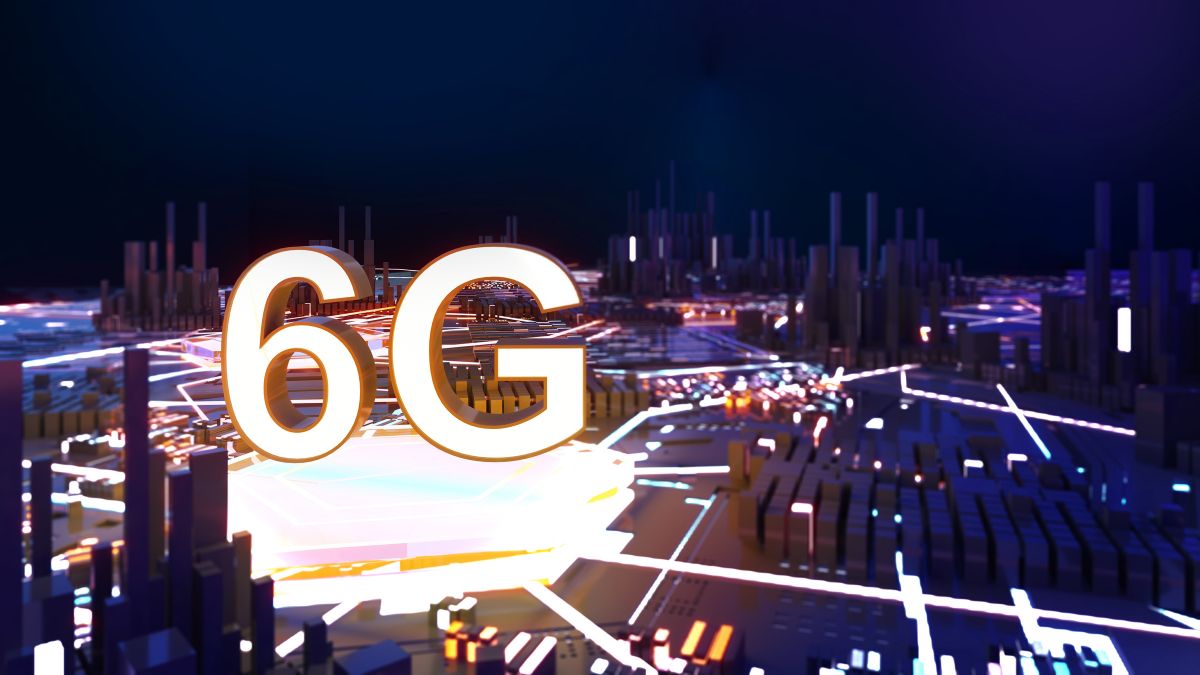6G Connectivity: Education and Healthcare in New Zealand
Category : 5G Wireless | Sub Category : 5G Wireless Posted on 2025-05-27 15:06:15

New Zealand will gain a lot as the globe waits for 6G
connectivity to be implemented, especially in the fields of healthcare and
education. 6G promises ultra-low latency, increased bandwidth, and the smooth
integration of AI, IoT, and extended reality (XR), building on the capabilities
of 5G. This technical advancement could prove revolutionary for a
geographically diversified nation like New Zealand, filling in long-standing
gaps in quality and access in both urban and distant places.
6G connectivity has the potential to completely
transform education, both in terms of how learning is delivered and how it is
experienced. Students in remote and rural areas might access interactive
learning environments, high-definition virtual classrooms, and real-time peer
and teacher collaboration with peers around the world via ultra-fast, reliable
internet. Additionally, 6G might facilitate the integration of AR and VR,
enabling immersive learning environments for language acquisition, historical reconstruction,
and science labs. More equitable educational outcomes and the ability to
educate kids for a highly digital future could result from this connectivity
for New Zealand, where remote learning is still difficult in certain places.
With AI-assisted decision-making, remote diagnostics,
and real-time data exchange, 6G has the potential to improve healthcare access
and quality. With the help of high-definition images and smooth connectivity,
telehealth services—which are currently expanding in New Zealand—could become
more sophisticated and widely available, allowing doctors to consult with
patients or remote clinics. 6G would enable instantaneous live data
transmission from wearable medical devices to emergency medical services, facilitating
remote triage and quick action. These features would aid in addressing the
resource and geographic inequalities that patients and healthcare professionals
nationwide frequently encounter.
However, careful investments in data security, digital
literacy, and infrastructure are also necessary for the deployment of 6G. When
it comes to network deployment, New Zealand needs to make sure that rural
areas—which stand to gain the most—are given priority. To guarantee that all
residents, not only those living in urban areas, can fully benefit from these
developments, digital inclusion policies will be crucial. Building strong
cybersecurity protocols to safeguard private medical and educational information
in a hyperconnected world is equally crucial.
In conclusion, New Zealand's healthcare and education
systems stand to benefit greatly from 6G connectivity, particularly in
underprivileged areas. Smarter, faster, and more inclusive digital services can
help the nation make significant progress toward a more resilient and
egalitarian society. In addition to being a technological advancement, 6G has
the potential to be a potent instrument for national development in New Zealand
if government, business, and communities work together and plan strategically.
Visit
our website https://nextelle.co.nz/.
#6G
#6GConnectivity #Education #Healthcare #NextelleWireless
Search
Categories
Recent News
- Business UFB in New Zealand: Unlocking Opportunities for Growth
- UFB New Zealand: Transforming Connectivity Nationwide
- Smartphone Plans: Finding the Perfect Fit for Your Digital Lifestyle
- Unlimited Smartphone Plans: Liberating Your Mobile Experience
- Wireless Connectivity: Bridging the Gap in the Digital Era
- Cellular Mobile Networks: Empowering Connectivity on the Go
- Cellular Mobile Networks: Empowering Connectivity on the Go
- Unlimited 4G Data Included: Embracing Connectivity Without Limits